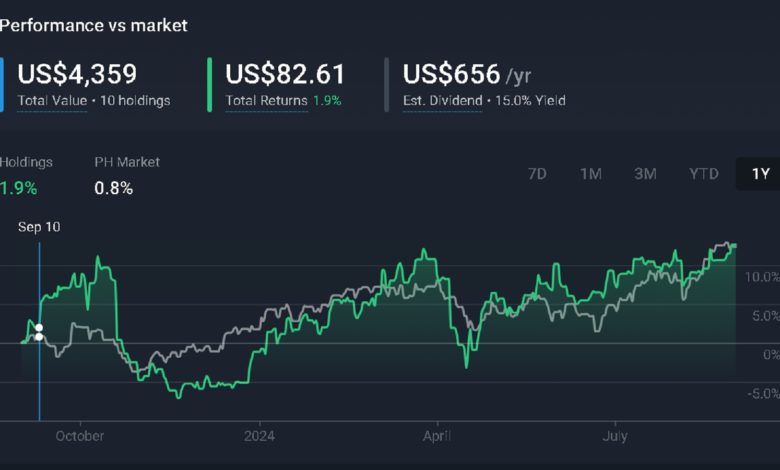ROI Tracking: 7 Tools for Maximizing Investment Returns
ROI Tracking is the systematic process of monitoring and analyzing the performance of investments to gauge their financial effectiveness.

ROI Tracking refers to the process of continuously monitoring and analyzing the Return on Investment (ROI) of various investments or expenditures. ROI is a metric used to evaluate the profitability of an investment by comparing the amount of return relative to the investment’s cost.
ROI Tracking involves calculating this percentage regularly to assess how well investments are performing. By doing so, investors or businesses can determine which investments are yielding positive returns and which are not. This process helps in making informed decisions about where to allocate resources, improving financial strategies, and maximizing overall profitability.
ROI tracking combines historical performance data with real-time insights to provide a comprehensive view of investment success, enabling continuous improvement and strategic planning.
Key Takeaways
- ROI tracking helps measure the profitability of investments, allowing you to see which ones are generating returns and which are not.
- Regularly monitoring ROI enables you to make smarter investment decisions by understanding where your money is working best for you.
- It allows for easy comparison of different investments, helping you decide which ones to keep or discard.
- By tracking ROI, you can allocate your resources more effectively to maximize returns and reduce losses.
- ROI tracking helps you stay aware of market conditions and economic trends, allowing you to adjust your investment strategy as needed.
Why is Tracking ROI Important?
Tracking ROI is crucial for several reasons. First, it allows you to evaluate the performance of your investments over time. By keeping an eye on your ROI, you can quickly identify which investments are profitable and which are not. This helps you make better decisions about where to allocate your resources.
Second, ROI tracking helps you compare different investments. Suppose you have several investments in stocks, real estate, and bonds. By calculating the ROI for each, you can determine which investment gives you the best return. This comparison is vital for making strategic decisions about where to put your money.
How to Track ROI Effectively
To track ROI effectively, you must keep detailed records of all your investments and their performance. This means noting down how much you invested, the returns you received, and any costs associated with the investment. Tracking your investments over time allows you to calculate your ROI accurately and regularly.
Another critical aspect of ROI tracking is understanding the factors that can affect your returns. These factors include market conditions, economic trends, and even changes in your personal financial situation. By being aware of these factors, you can better anticipate changes in your ROI and adjust your investment strategy accordingly.
“ROI is the compass that guides your investments, showing you the path to financial success through clear and measurable returns.”
Popular Tools for ROI Tracking
To conduct ROI tracking effectively, you can use a variety of tools that help calculate, monitor, and analyze the return on your investments. Here are some popular tools for ROI tracking:
Spreadsheet Software (e.g., Microsoft Excel, Google Sheets)
These tools allow you to create customized ROI calculation formulas, track investment data, and visualize trends over time. They are flexible and widely used for financial analysis.
Financial Management Software (e.g., QuickBooks, FreshBooks)
These programs offer integrated ROI tracking features, helping businesses manage expenses and track the profitability of various investments or marketing campaigns.
ROI Calculators
There are many online ROI calculators specifically designed for different types of investments, including stocks, real estate, and marketing campaigns. These calculators can provide quick ROI estimates based on the input data.
Investment Tracking Apps (e.g., Personal Capital, Robinhood, Wealthfront)
These apps provide tools to track your portfolio’s performance, calculate ROI, and offer insights on asset allocation and market trends.
Project Management Software (e.g., Asana, Trello, Monday.com)
For businesses, project management tools can be used to track the ROI of different projects by comparing the costs incurred with the value generated from each project.
Customer Relationship Management (CRM) Tools (e.g., Salesforce, HubSpot)
These tools often have features that allow businesses to track the ROI of marketing and sales campaigns by analyzing customer acquisition costs and the revenue generated from those customers.
Business Intelligence Tools (e.g., Tableau, Power BI)
These advanced tools allow for in-depth data analysis and visualization, helping you track and understand ROI trends across various investments or departments in a business.